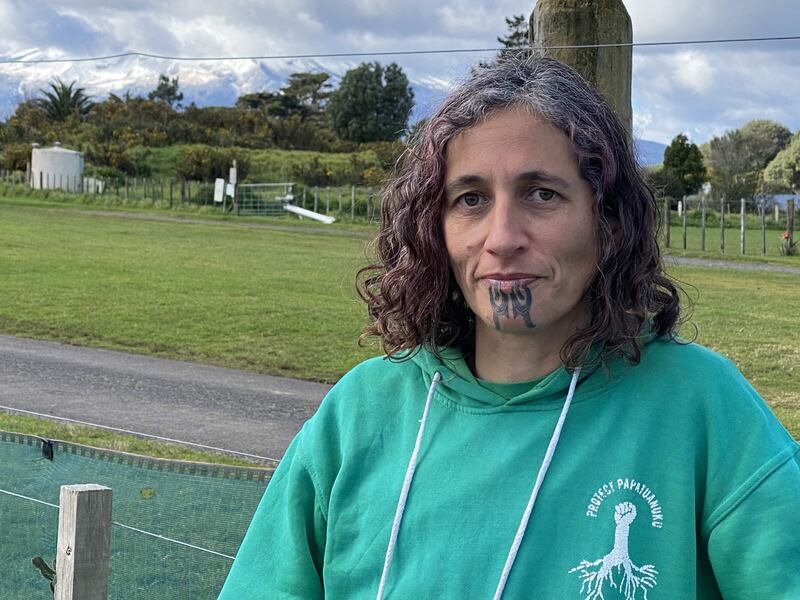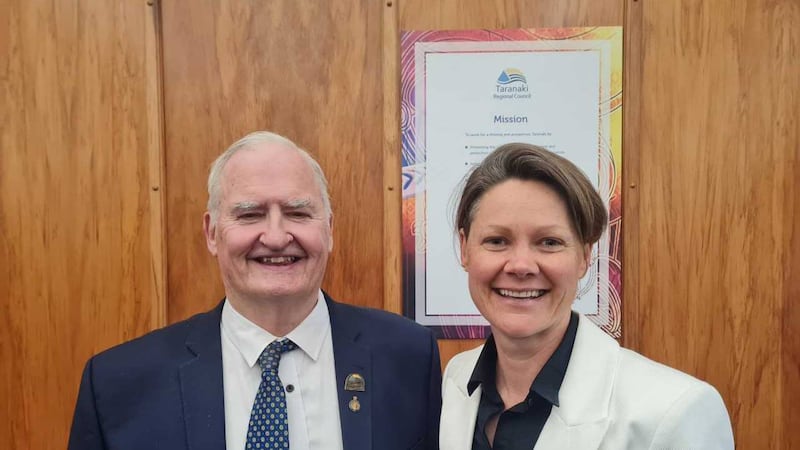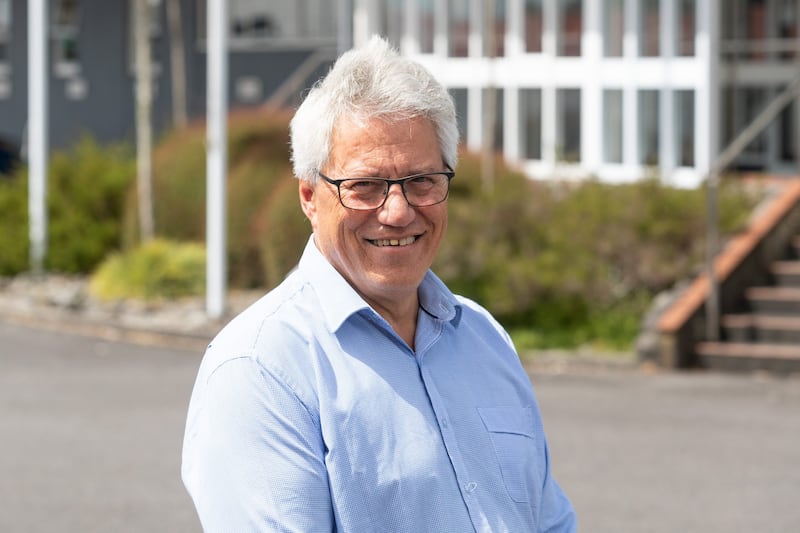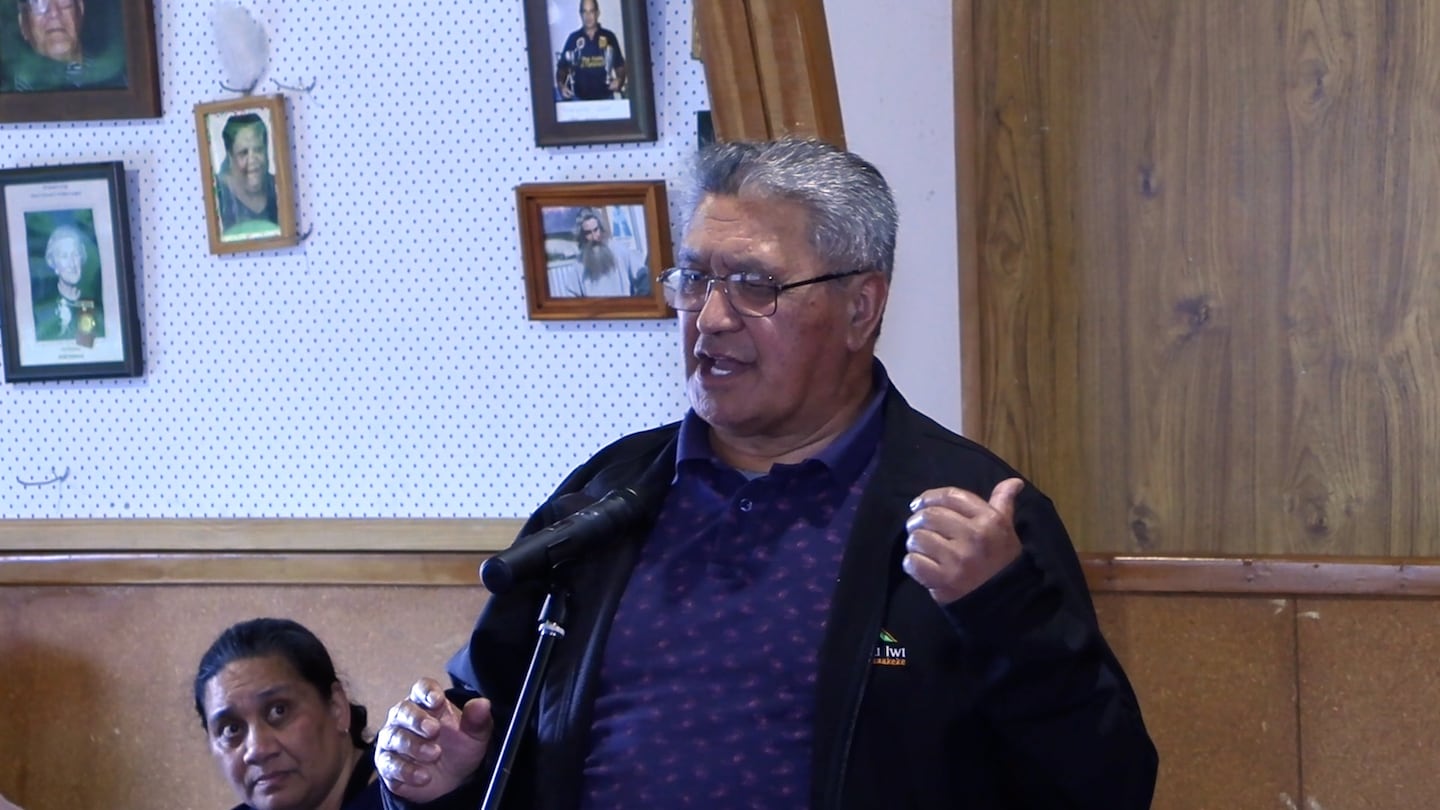Taranaki Māori representatives and their allies have delivered a stinging attack on regional councillors who shut down debate on the contentious Treaty Principles Bill.
They say the councillors trampled on mana, causing widespread anger in Māori communities across the region and have called for concrete measures to end what they say is ignorance on Treaty matters.
Two months ago the deputy chair of Taranaki Regional Council Neil Walker invoked a never-before-used part of council rules – a closure motion – to quell any discussion of a submission on the Bill.
His chair Charlotte Littlewood had asked staff to draft a submission, which was ready for councillors to consider.
But Walker moved fast to override her, saying it was “too divisive” and “not appropriate” for council.
In response the six iwi reps a month ago declared no confidence in TRC as an impartial governing body.
Representatives from each of the region’s waka – Aotea, Kurahaupō and Tokomaru – sit on TRC’s powerful Policy and Planning Committee and its sister the nitty-gritty Operations and Regulatory Committee.
Tuesday’s Policy and Planning meeting was their first chance to express the message face to face.
Tokomaru waka rep Mitchell Ritai was clear about the damage he’d seen.
“Firstly of course there’s disappointment, sadness and hurt in the decision that occurred in December.”

He was aghast at the treatment of New Plymouth District Councillor Dinnie Moeahu, who brought requests for a Treaty Principles Bill submission to all Taranaki councils, aiming for a unanimous stance.
“One of our leaders in our local community, a leader in our Māori community, not only locally or regionally, but also nationally. That‘s councillor Dinnie Moeahu.”
“The way that he was treated, I found that to be really appalling.”
At the December meeting – after 25 years as an elected councillor ever-vocal for the farmers’ lobby in dozens of submissions to Wellington – Walker suddenly declared the council was “not a political body”.
He said he didn’t want to be sending the Government “political messages about various things” and in cahoots with farmer-councillor of 16 years Donald McIntyre shut down the Treaty debate with the closure motion.
It was Dinnie father Peter Moeahu – the Aotea waka iwi rep – who sparked Tuesday’s debate by putting up a motion that the council never send any more submissions to Parliament.
The council’s inaugural Māori ward councillor Bonita Bigham thanked him for finding a way to bring the debate back to the table.
“Thank you, Peter, for letting this out. Always a voice for our people.”
Bigham said Walker’s procedural action was just part of what “went down in that December week” and a workshop or wānanga was needed to address the issues.

“To revisit the trampling of mana that was done on that day by those who were in the room… There are far-reaching implications for many of us who have been severely impacted.”
The council chief executive Steve Ruru apologised for choices he and staff made due to the looming deadline on submissions to the Bill, which meant the issue didn’t follow the usual path through the committees with iwi reps.
Charlotte Littlewood, who has since stepped down as council chair, pointed out councillors are not allowed to reject deputations.
“I apologise to both Peter and Dinnie. I should have pushed back harder on the deputation.”
Kurahaupō waka rep Tuhi-Ao Bailey said Ruru needn’t apologise as he “did fairly well” dealing with the Bill’s short deadline and Walker’s surprise move.
“What I would like to see an apology from the councillors who shut down the debate.”
Bailey said she’d previously asked for more cultural training for councillors and staff, and so backed the call for a wānanga.
“So people are more up to date on why these issues are... so important, particularly for Māori.
“We can’t have ignorance at the table on these issues “
Peter Moeahu said the chief executive and chair had tried to have “an open and free debate”.

“I agree that neither Steve nor Charlotte should apologise for what happened on December the tenth. Your efforts to have were clear. The fact that it didn’t occur was also clear.
“I understand the importance of making submissions to Parliament. It’s a critical part of our duty on behalf of our community. I understand that.
“But it’s a duty on behalf of the whole community, not just a segment.”
Having sparked the debate, Moeahu withdrew the motion to never again send a submission.
Councillor Susan Hughes KC suggested the closure motion option could be removed from standing orders.
“Sometimes I listen to some of you, and I think goodness me, I cannot believe you think that, because it is so far from what I think.
“But I have never once stopped any of you from speaking.”
Hughes said she’d prefer councillors to simply undertake never to use it.
“But if you feel unable to control yourselves in that regard, then it needs to be removed.”
Councillor McIntyre was almost leaping from his chair early in the debate, keen to have his say.
But after the lengthy discussion, both he and Walker fell silent.
LDR is local body reporting supported by RNZ and NZ on Air


